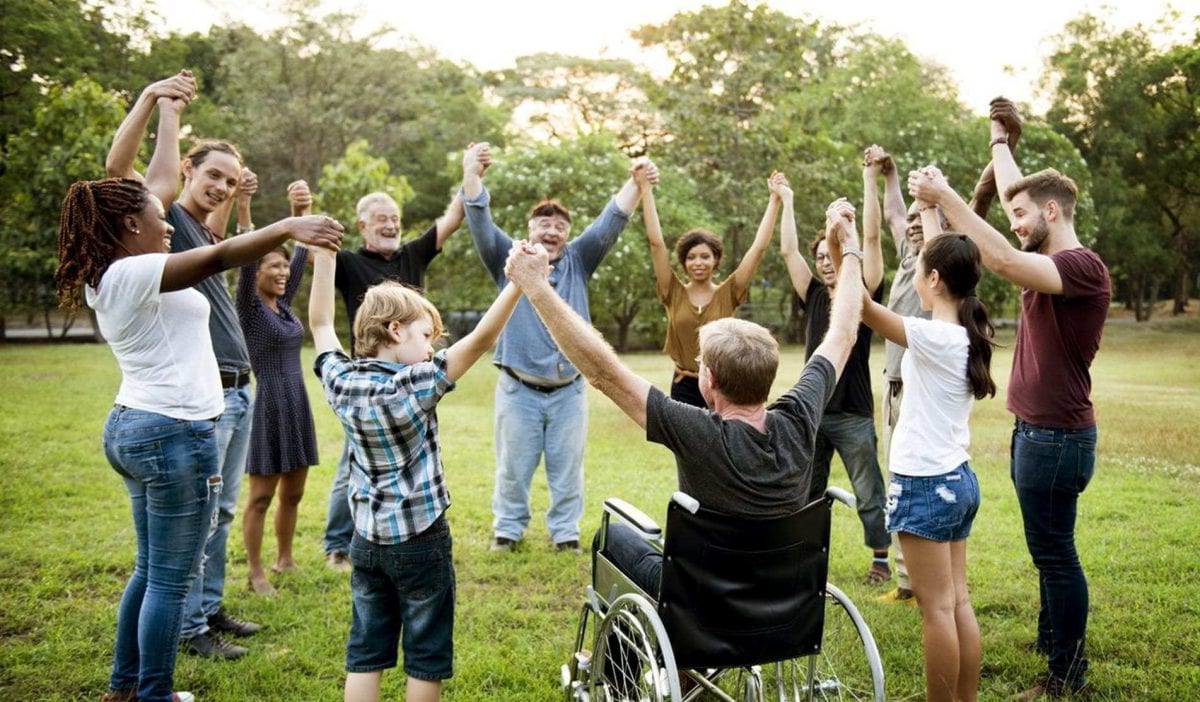People with disabilities should be provided appropriate opportunities throughout their lifetime. Disabled individuals should be given similar access to quality physical activities as their non-disabled peers. Access to physical exercise should be embedded in various parts of the community including leisure and sporting events, community facilities, sports and physical activity programs in schools and communities.
People with Disability
A disability is defined as a condition of the mind or body that makes it more challenging for a person with this condition to perform certain activities and interact with other people and the world.
When working with people with a disability, it’s important to consider the person first. Remember that disability doesn’t define the person since it’s just a medical diagnosis. Positive language should always be used when dealing with these people.
Physical Activity
Any bodily movement generated by skeletal muscles that need energy is defined as physical activity. Actions that are performed while playing, working, traveling, and engaging in recreation activities are also included.
Benefits of Interactive Activities for People with Disabilities
There are various benefits of physical activities for individuals with disabilities that transcend beyond physical advantages. There are different activities to choose from and anyone can find a certain type of sports or activity according to their preferences, hobbies, and interest.
- Improves confidence: Once they find something they love doing, they’d usually involve themselves in this activity, which doesn’t just improve their physical health, but also improves their ability on their chosen craft. While they’re having fun, they’ll have an uplifting feeling that’s therapeutic and may lead to improved confidence, self-worth, and optimism.
- Motivates and stimulates: Doing physical activities promotes fun and motivation while one is practicing and learning an activity or sport. This will then develop strength, perseverance, and determination to succeed. For many people, this kind of learning comes with a positive effect on their daily lives.
- Improves mood: Participating in games and sports usually improves an individual’s mood or temper. By interacting with more people and establishing new relationships, it’s easy to feel that they belong. This will give disabled individuals a sense of pride, helping them express themselves without reserve.
- Promotes communication and interaction: People can express their feelings when they interact and communicate with each other. They improve their social skills while gaining a level of confidence that allows them to handle different life situations and different people.
- Enhances mental and physical balance: People who play sports can produce adrenaline, let off steam, and develop self-control. Sports or other physical activities allows them to channel their energy, which is important especially for children’s development.
- Develops their ability to concentrate: When people perform physical activities, they can channel their physical energy while improving their intellectual effort in doing their daily tasks. On the other hand, allowing children to perform physical activities regularly helps improve their academic performance.
- Enhances flexibility and blood circulation: Disabled individuals who exercise regularly and maintain an active lifestyle may see a significant reduction in the severity of their sickness or condition.
Final Thoughts
Physical activities help in the development of mental and physical skills in individuals with disabilities and aren’t just beneficial to themselves but to their families, too. Many people are concerned that their disabled family member will get injured while performing certain activities. However, this is an unfounded worry since there are activities that are suited to their abilities. Consult your doctor about which physical activities your loved one can perform.








